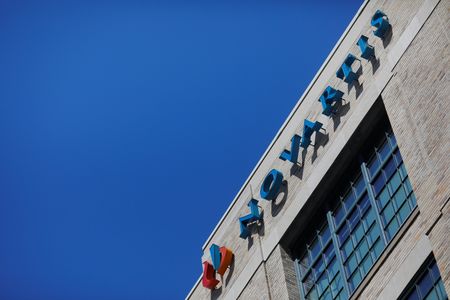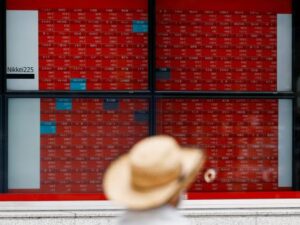By Blake Brittain
(Reuters) – Novartis and Viatris were hit with a federal lawsuit in Maryland on Monday by the family of a woman whose tissue cells were taken from her body in the 1950s and used to fuel medical research and development.
The estate of Henrietta Lacks accused Novartis and Viatris of unlawfully profiting from the use of the “HeLa” cells to create drugs that have been “integral to their market presence” without paying or gaining permission from her estate.
A Novartis spokesperson said the company does not comment on litigation. Spokespeople for Viatris did not immediately respond to a request for comment on the lawsuit.
“Medical research has a long, troubled history of exploiting Black individuals, and Henrietta Lacks’ story is a stark reminder of this legacy,” Lacks family attorney Ben Crump said in a statement.
The new complaint follows similar lawsuits filed by the Lacks family against Thermo Fisher, which has since been settled, and Ultragenyx, which is still ongoing.
The HeLa cells were cut from Lacks’ cervix without her knowledge during a cancer-treatment procedure at a Baltimore hospital in 1951. The cell line was the first to survive and reproduce indefinitely in lab conditions and has been used in a wide range of medical research worldwide.
Lacks died of cervical cancer later in 1951 at age 31.
The new lawsuit said Switzerland-based Novartis used the HeLa cells in developing its herpes drug Famvir, cancer treatment Kymriah and spinal muscular atrophy therapy Zolgensma. It accused Canonsburg, Pennsylvania-based Viatris of misusing the cells to test its herpes drug Denavir and depression treatment Mylan-Mirtazapine.
Lacks’ cells were “exploited for research purposes and profited from by powerful organizations against her and her family’s will,” the lawsuit said.
The family requested the companies’ profits from commercializing the HeLa cells and a court order blocking them from using the cell line without its permission.
(Reporting by Blake Brittain in Washington; Editing by David Bario and Jonathan Oatis)





